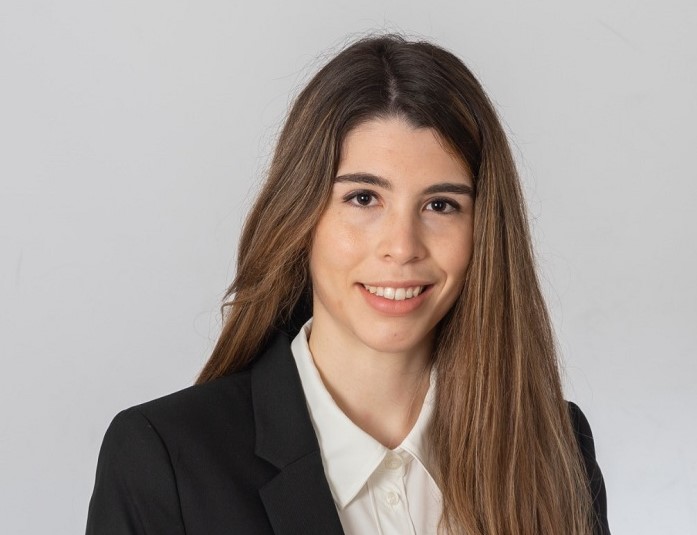CAS CARAQA (Clinical, Regulatory and Quality Affairs for Medical Devices and In-Vitro Diagnostics)
Your path to expert knowledge in regulatory affairs, quality management and clinical affairs
Key data
- Degree
- Certificate of Advanced Studies FHNW Clinical, Regulatory and Quality Affairs for Medical Devices and In-Vitro Diagnostics
- ECTS points
- 13
- Next start
- 22.09.2026
- Final application date
- 10.07.2026
- Teaching language
- English
- Place
- Muttenz
- Fee
- CHF 8’800
Mobile navi goes here!
The complexity of tasks in regulatory, quality and clinical affairs has increased with the introduction of European medical device and in-vitro diagnostics regulations. That complexity continues to pose major challenges for the industry, affecting each discipline individually, but especially the links between them. Companies that recognize and anticipate these challenges can overcome regulatory hurdles efficiently and ensure long-term conformity of their products.
This issue affects small and large firms alike. While responsibility in small companies often rests on the shoulders of a few colleagues, large firms require cross-department collaboration. As well as technical know-how, interdisciplinarity is therefore vital, and cooperation within the organization is key to success: this is what experts in this field provide. The CAS CARAQA enables staff to acquire that expertise and to develop their understanding of what links the three disciplines. Participants are trained to ensure appropriate communication and cooperation, both within their organization and with third parties. The knowledge and skills gained on the course are crucial for regulatory compliance and product quality, and thus to fulfil the tasks of a Person Responsible for Regulatory Compliance according to Art. 15 of the regulations.
The CAS CARAQA in Muttenz is part of the European CARAQA network. To date, more than 190 participants have successfully completed CARAQA in Muttenz (CH), Yverdon-Les-Bains (CH), Lübeck (D) and Louvain-La-Neuve (BE).
Advantages for participants include:
Practical training: Our lecturers are industry experts who bring their extensive experience to the classroom.
Up-to-date content: The programme is regularly updated to reflect the latest developments and requirements in medical technology and in vitro diagnostics.
Networking: Take the opportunity to network with other industry professionals and make valuable contacts.
Head of Programme
Prof. Dr. David Hradetzky
T +41 61 228 54 58
david.hradetzky@fhnw.ch
Dr. Elena Lucano
T +41 76 270 37 51
elena.lucano@veranex.com
Programme Administration
Elzbieta Lehmann
T +41 61 228 55 40
weiterbildung.lifesciences@fhnw.ch
“During my studies, I became aware of how important Regulatory Affairs are for medical device manufacturers and how they drive innovation. Attending the programme was a huge opportunity for me! Ultimately it enabled me to specialize in my area of interest and develop my career in the direction I wanted. I remember the many lively and fruitful discussions I had with my inspiring classmates and lecturers. I really appreciate the people I had the chance to meet in this programme and I am still in contact with many of them”.


